Making the Future of Work inclusive of persons with disability
27 November 2019
Making the Future of Work inclusive of persons with disability
As a member of Face Equality International we are sharing James Partridge's presentation at a recent conference in Geneva raising disability issues in the workplace for those that are affected with facial differences.
Facial disfigurement: a neglected global human rights issue
Exploring the origins of the campaign for ‘face equality’ (like race equality) and its implications for businesses, schools, governments, the media and public opinion.
There are many reasons why people have facial differences or disfigurements — from congenital causes (e.g.: cleft lip and palates, neurofibromatosis, birthmarks), trauma (e.g.: burns, acid violence, scarring from accidents), facial and skin cancer, skin conditions (e.g.: psoriasis, vitiligo, acne), eye problems and facial paralysis (e.g.: Bell’s palsy and stroke). Disfigurement can affect people at any age, from any ethnic or socio-economic group. It is estimated that 1 in 111 people have a psychological and social significant facial disfigurement. People with disfigurements wherever they live in the world face many challenges and injustices to living confident, successful lives in the 21st century. Many report (and academic studies bear this out) feeling isolated and friendless, facing teasing, ridicule and staring in public, low expectations in school, problems getting work, discrimination in the workplace, abuse on social media and stereotyping in the media just because of the way they look. In many countries, disfigurement goes hand in hand with poverty, prejudice and exclusion.
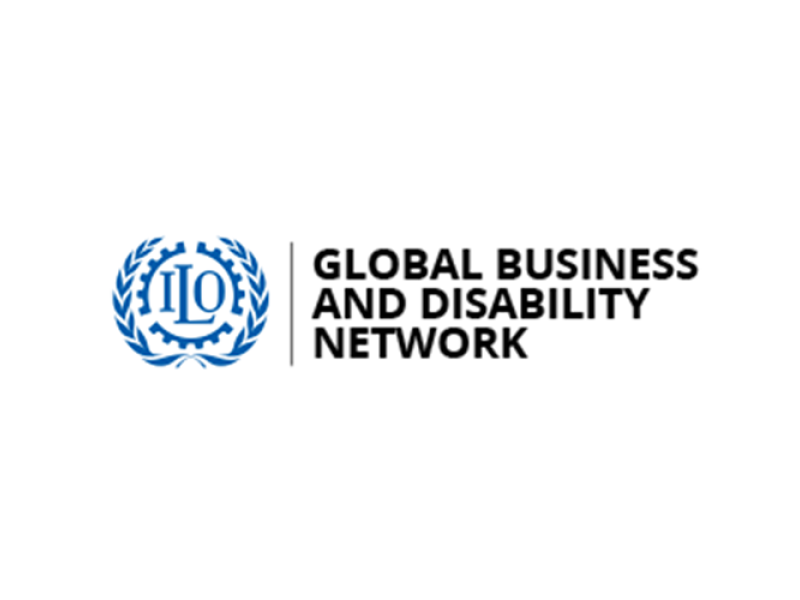

The stigma of disfigurement is rooted in three totally false but deeply conditioned and unconscious beliefs which impinge on a person’s self-worth which suggest that: facial ‘good looks’ are vital for success in life; without them, failure is sadly inevitable modern medicine/surgery can remove disfigurements completely disfigurement is associated with meanness, lack of intelligence, immorality and evil. All too often, the stigma is self-imposed too with low expectations of success and a lack of aspiration leading to a resignation that this is how things will always be, and consequently unfairness and discrimination go unchallenged. And worse, people report that authorities who should stand up to prejudice (e.g.: schools) fail to do so even when alerted to it. The campaign for ‘face equality’ was launched in May 2008 by the UK charity/NGO, Changing Faces and is being internationalised through Face Equality International. Its aim is to create a world in which people who have disfigurements to their face from any cause are accepted and valued as equal citizens, free of prejudice, low expectations and stigma.
The campaign calls on individuals to spread the word, to stand out and to support face equality education systems to train all teaching staff to develop inclusive school cultures
employers to recruit and serve people with disfigurements without prejudice the media, advertisers and the film industry to positively promote facial diversity and actively avoid language and imagery that create prejudice politicians and policymakers to ensure that facial prejudice and discrimination are effectively outlawed by improving legal protection and promoting best practice.
For further information on the conference itself please have a look at the following campaign and their website
Filter News

Eva-Hope’s NF2 story
Tahlia describes how the family felt after receiving daughter Eva-Hope's NF2 diagnosis
Read More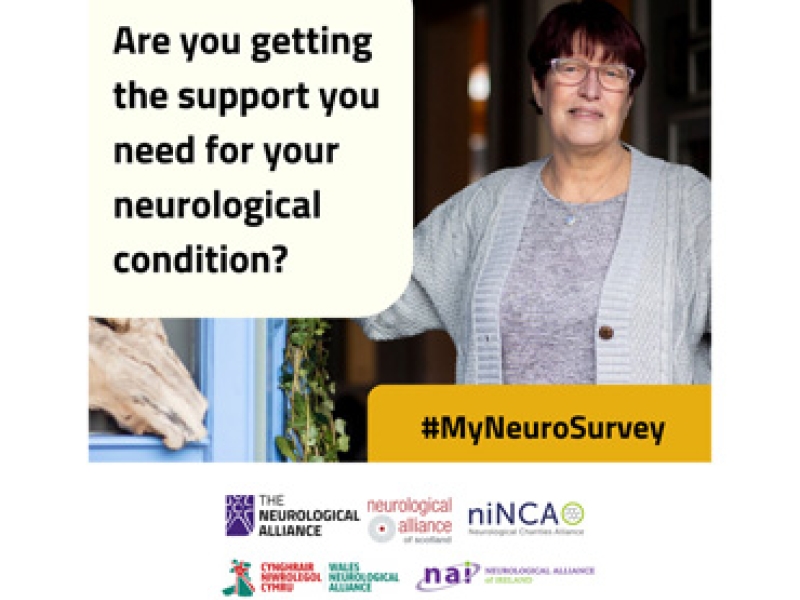
My Neuro Survey 2024
Fill out #MyNeuroSurvey and help to improve treatment, care and support for everyone affected by neurological conditions.
Read More
VTCT Foundation Showcase
Find out about this event which showcases projects and research supported by the VTCT Foundation
Read More
Crazy Nanna Hazel & Evie
4 year old Evie's NF1 diagnosis impacted the whole family. Hazel shares Evie's story from a grandmother's perspective
Read More
2024 Friedrich von Recklinghausen Award
Professor Rosalie Ferner, Trustee and Member of the Nerve Tumours UK Medical Advisory Board receives this year's award
Read More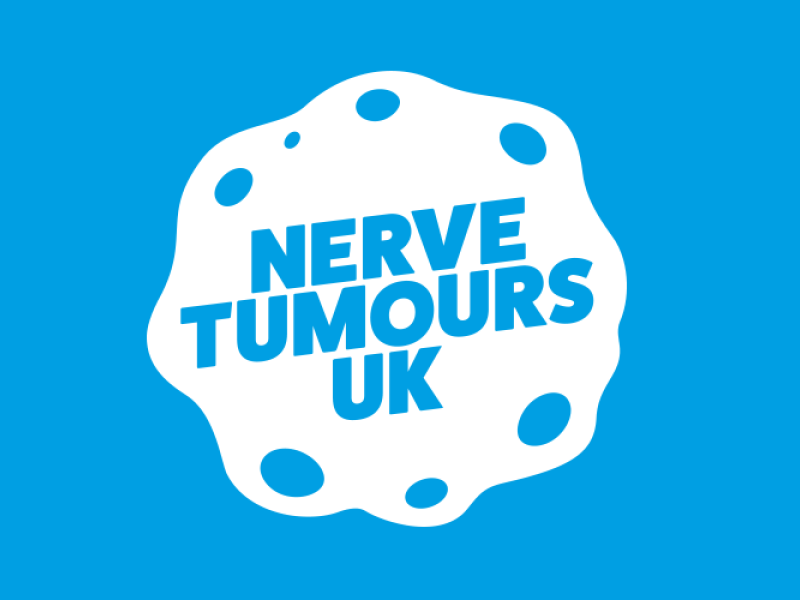
Become a Trustee
Nerve Tumours UK are looking for at least two new trustees to join the Board. Find out more
Read More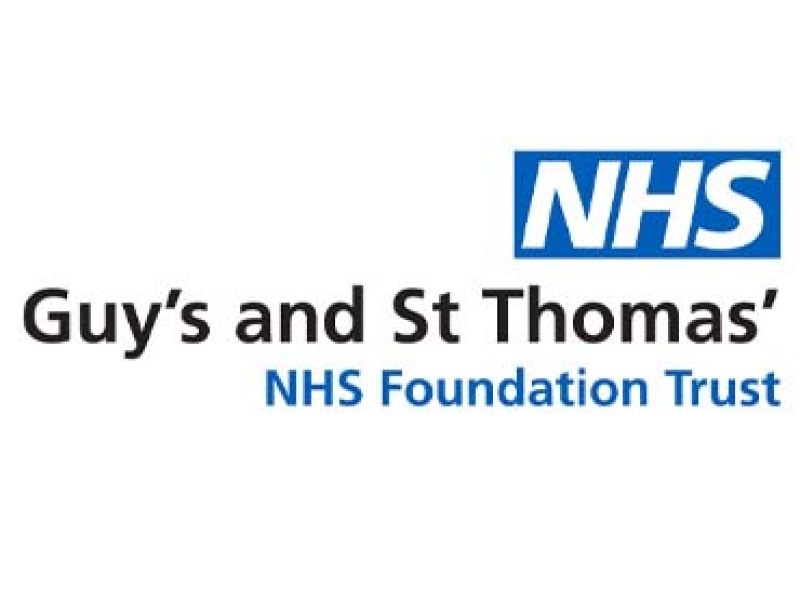
Guy’s Hospital NF Centre Coffee Meetings
Guy's Hospital Neurofibromatosis Centre Coffee Club
Read More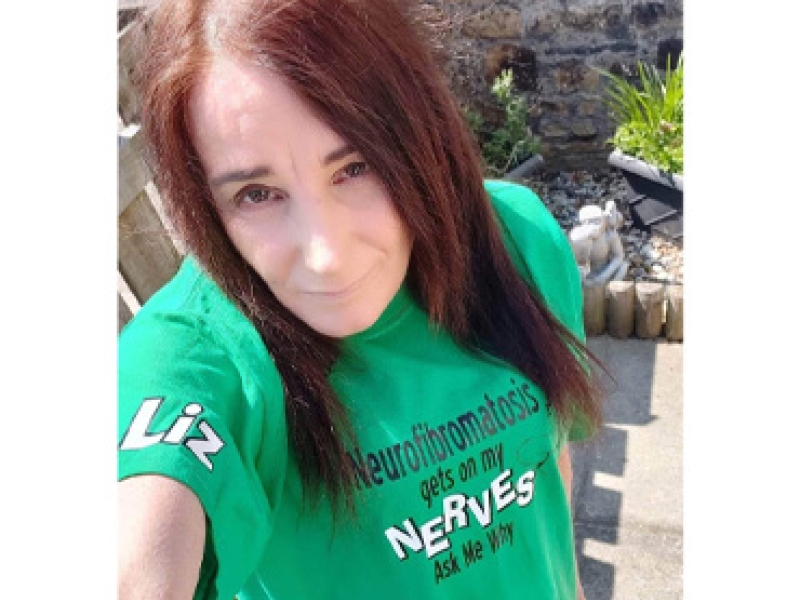
Liz’s NF1 story: This is the real me
Liz describes growing up with NF1, difficulties at school, spinal surgery and raising awareness by writing a poem about NF.
Read More
Stronger Together Rare Conference
Read this review of the conference and find out where to access further support
Read More

